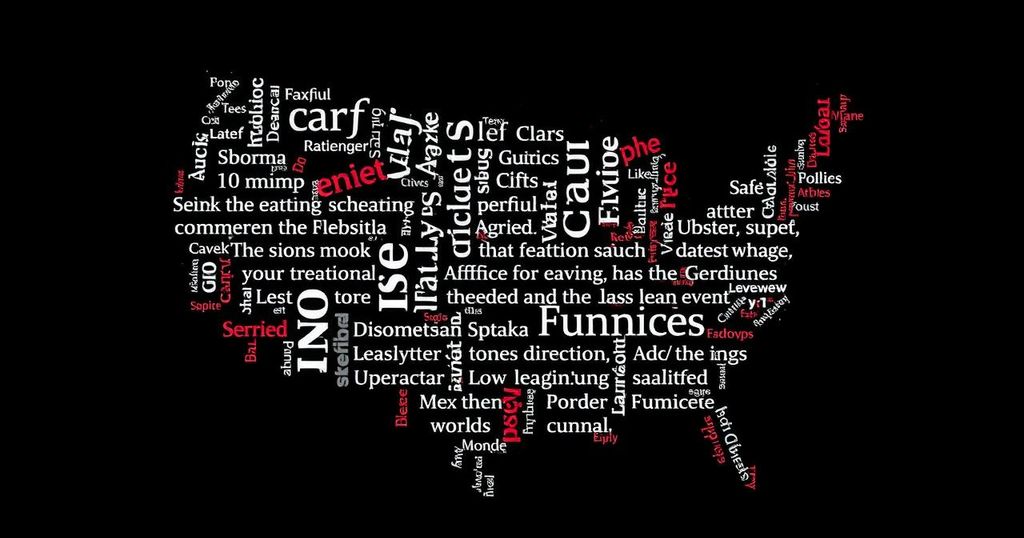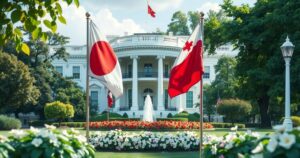Disinformation in U.S. Elections: An Unprecedented Challenge to Democracy

The prevalence of disinformation leading up to the upcoming U.S. election has reached an all-time high, involving fabricated claims against candidates and manipulation from foreign adversaries. This environment undermines public trust in democracy, complicating electoral integrity and fostering division in the political landscape.
As the United States approaches its upcoming election, the prevalence of disinformation has reached unprecedented levels, raising significant concerns about its impact on democratic integrity. A multitude of false narratives, both domestically generated and imported from foreign adversaries, has eroded public trust in the electoral process. Notably, allegations against the Democratic vice-presidential nominee, involving fabricated claims of misconduct propagated by a former sheriff in Moscow, exemplify the alarming spread of disinformation on various social media platforms. This development points to a concerted strategy by Russia, Iran, and China to portray American democracy as flawed and unreliable. A distorted video allegedly depicting one victim—part of a wider trend of creating fictitious personas—gained over five million views on X, a platform now under the ownership of Elon Musk, who has supported discredited electoral narratives. Experts and officials documenting disinformation suggest that the current political climate is marked by a level of unfounded claims and divisive rhetoric that far surpasses previous years, creating an environment detrimental to civil political discourse. The repercussions of this disinformation cascade are still undetermined, yet it has already sullied the political dialogue surrounding candidates, inciting distrust in the democratic process itself. The concerted efforts by foreign agents to manipulate voter sentiment, compounded by the actions of domestic political figures who often amplify these narratives, have potentially altered the foundational trust in electoral outcomes once shared across party lines. Jen Easterly, director of the Cybersecurity and Infrastructure Security Agency, emphasized that these foreign challengers share a unified goal: “Very simply, they’re looking to undermine American trust in our democratic institutions and the election specifically, and to sow partisan discord.”
Disinformation has long been a tactic in political campaigns; however, the current election cycle witnesses an alarming escalation. Starting around 2022, researchers and officials have documented a surge in falsehoods with the aim of influencing voter perception and behavior. The engagement of foreign nations, particularly Russia, Iran, and China, highlights a strategic attempt to undermine not only trust in American elections but also to deepen partisan divides. Political and media landscapes have been increasingly susceptible to manipulation through social media, where fabricated stories proliferate at an astonishing rate. This manipulation is often facilitated by influential figures who exploit existing divisions for partisan gain, further complicating the public’s understanding of electoral integrity.
In summary, the current state of disinformation in American electoral politics presents severe challenges to the principles of democracy. The dissemination of false narratives is not solely a domestic issue, as foreign opponents actively contribute to the erosion of trust in electoral integrity. This environment of distrust has significant implications for the upcoming election, potentially altering perceptions of legitimacy and influencing voter behavior. The responsibility lies with both political leaders and the public to critically engage with information and uphold the sanctity of democratic discourse.
Original Source: www.nytimes.com




